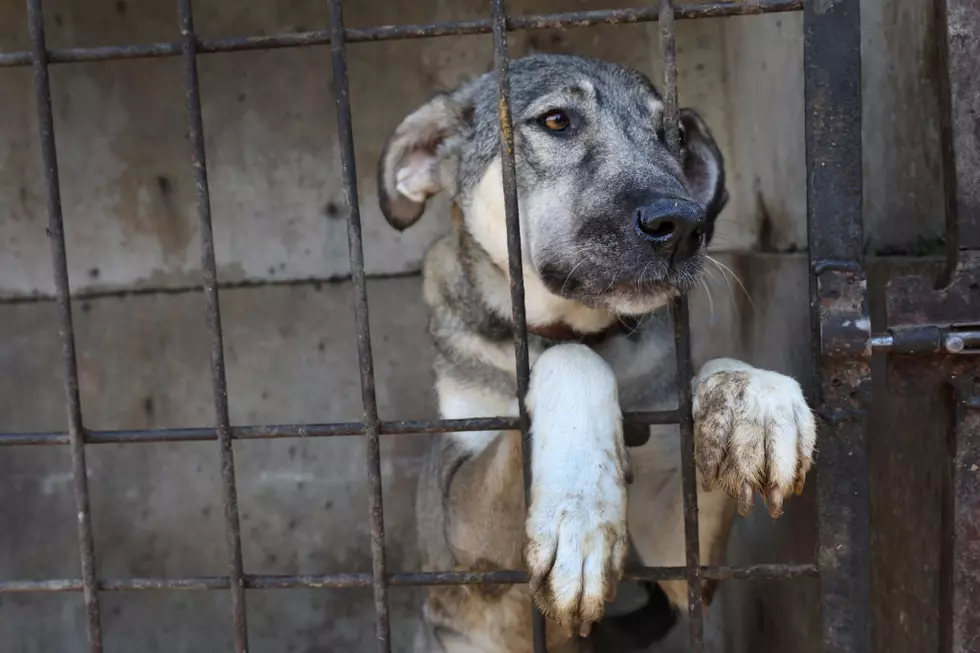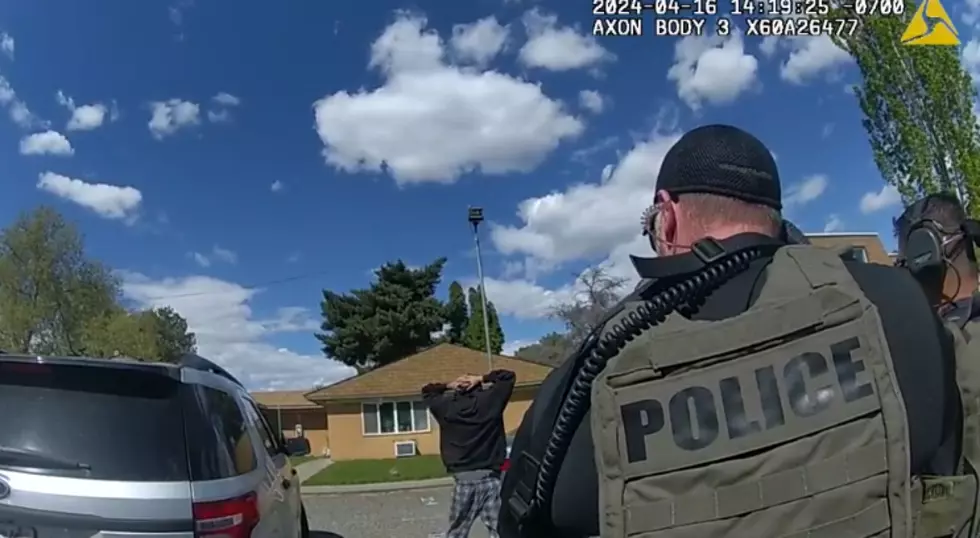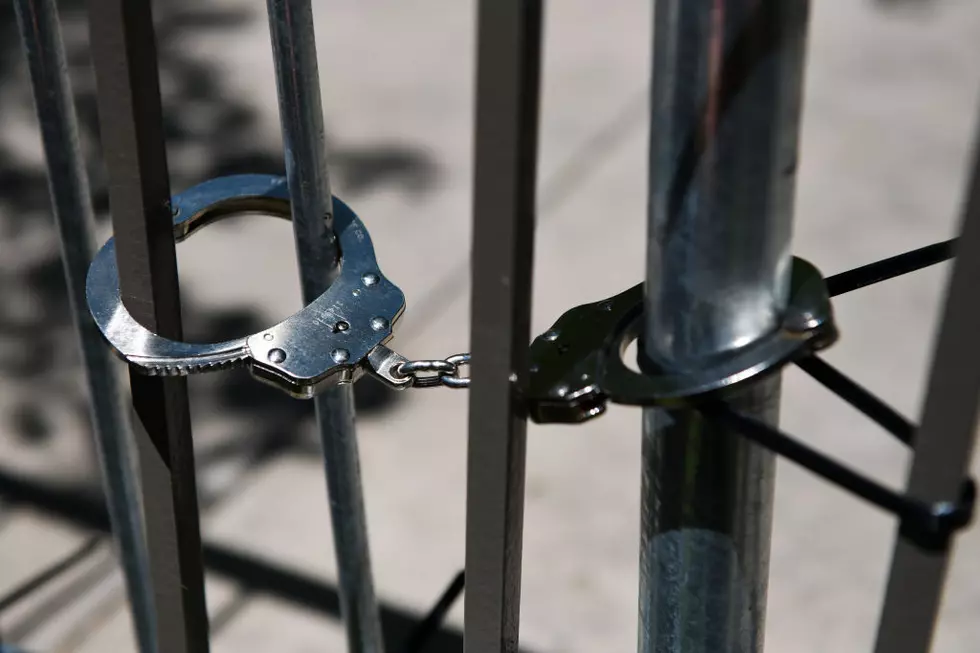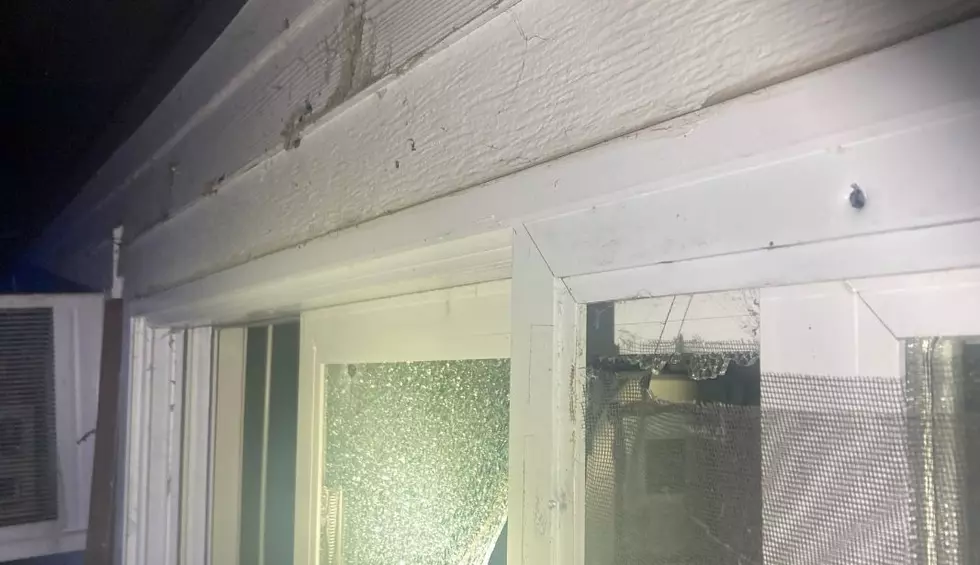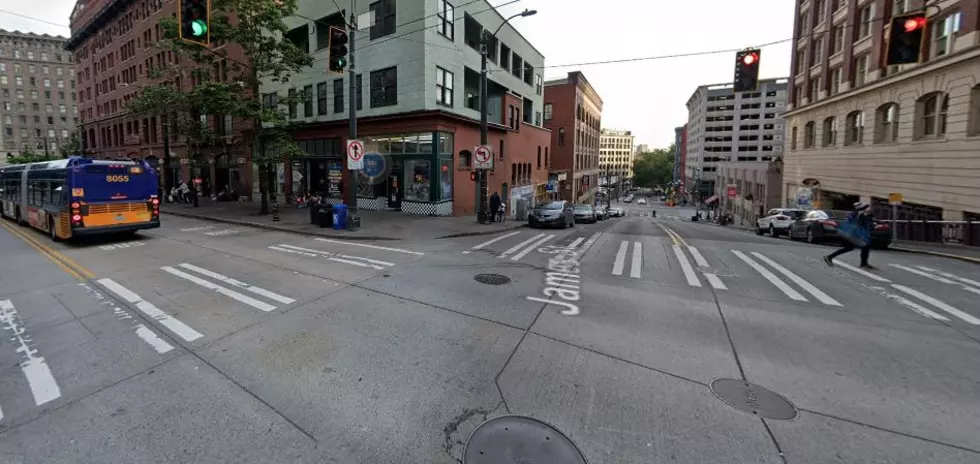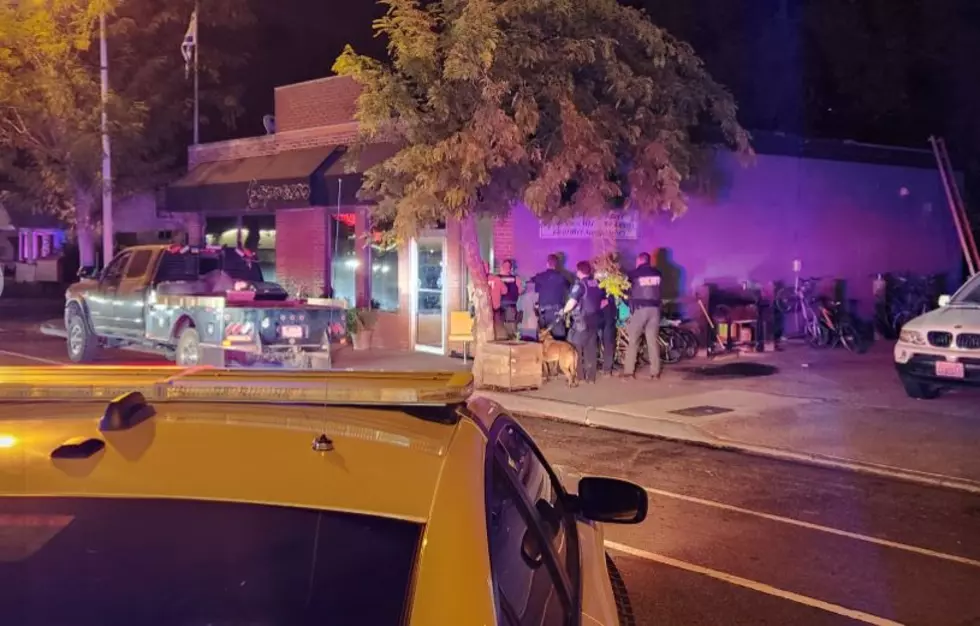
Portland, Seattle Homeless Camps Destroying Natural Habitats
Perhaps an unintended consequence of turning a blind eye towards the growing number of homeless camps popping up on the west side? For years, Portland and especially Seattle, have had some of the most lenient and friendly 'camping' policies towards homeless camps, but now it appears issues are growing.
Portland environmentalists say a number of natural habitats are being destroyed or harmed by homeless people who are pitching tents, allegedly cutting trees for shelters and relieving themselves in natural waterways.
The include the Beggar's Tick Wildlife Refuge in the city's southeast section. A number of wildlife supporter groups say the dozens of tents in this area and others are destroying natural cover and other systems needed for birds, amphibians and migratory animals as well.
Although campers and some homeless people say there's rules to setting up in their camps, the wildlife supporters say numerous trees and brush have been cut away to create space or provide shelter, animals are scared away by the presence of the people, and some waterways now have measurable pollution.
The pollution comes from the number of people relieving themselves in the water, making it unfit for birds and other wildlife.
Portland officials have countered by saying they've put up porta-potties, and have been visiting the camps, handing out information about social services and other ways for the homeless to leave the camps and locate other sources of housing food-even jobs. But according to the wildlife supporters, it's not working. They say some areas of these wildlife refuges have sustained damage that will take years to repair.
In Seattle, officials are dealing with an area called The Jungle, near Ballard Hill. About 100 acres on a greenbelt, it's been an on-again, off-again home to numerous homeless tent camps for decades. For the last ten years, it's become infested with gangs, drugs and other criminals. Ballard Hill residents are often victims of crimes committed by people from the nearby encampments. A few years ago, the state legislature actually nearly passed a measure that would have surrounded the area with fencing topped by razor wire to discourage activity.
Finally, in May of this year, under pressure from residents, Seattle's mayor declared a state of emergency, and the remaining 300 or so residents of the area will be resettled with help of the Union Gospel Mission. The area will be bulldozed and replanted and restored, at a cost of about $1 million dollars. Environmental groups say the damage to the greenbelt in that area is unfixable, at least in their lifetime.
More From 870 AM KFLD
